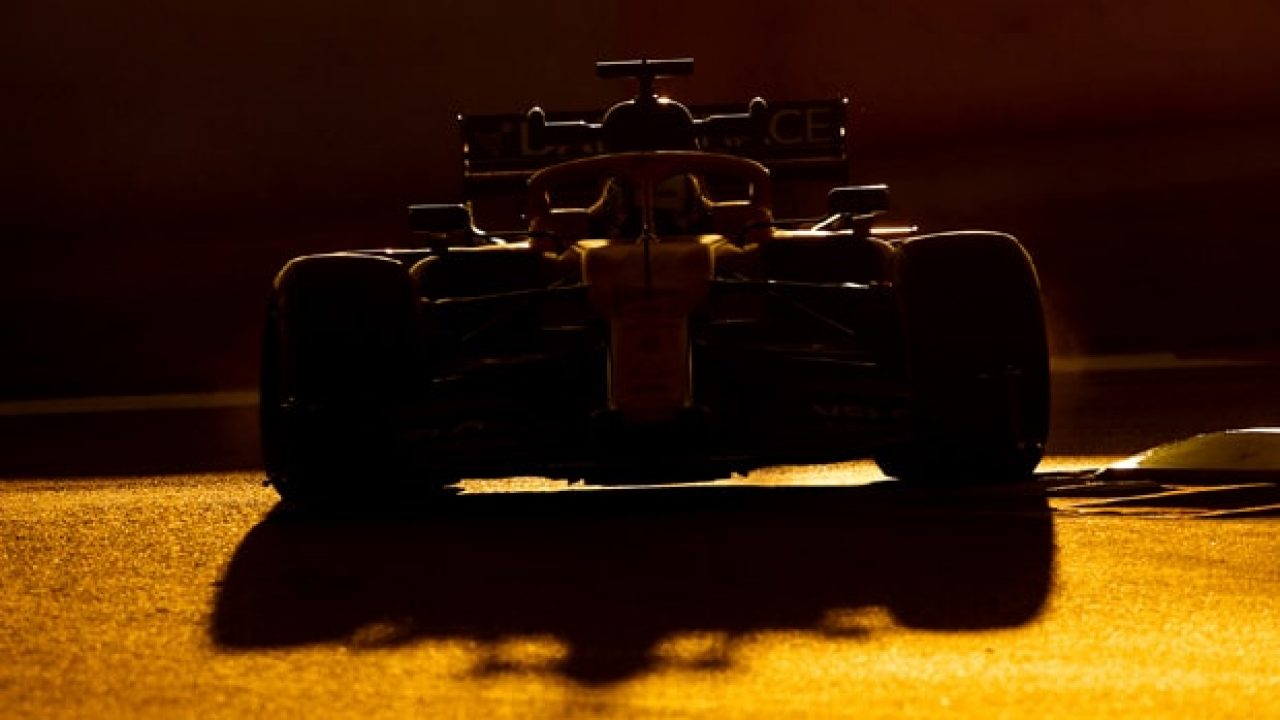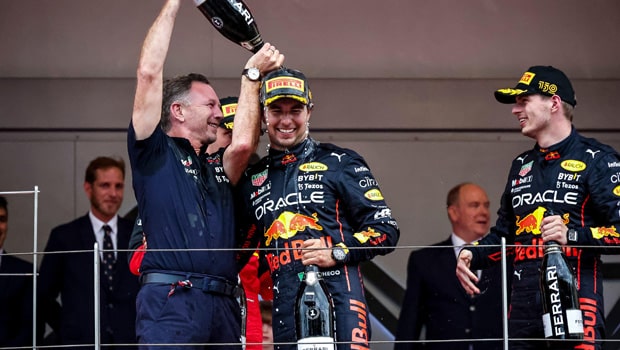In preparation for next week’s F1 Commission meeting during the Belgian Grand Prix, engine equalisation will be a topic on the agenda. The FIA’s analysis of current power units prompted the addition of this pressing matter, following concerns expressed by French manufacturer Alpine regarding the performance gap between its Renault engine and its rivals.
Insiders suggest that the Renault engine is lagging behind competitors by approximately 15-25Kw (20-33hp) based on performance data. While both Renault and the FIA have remained tight-lipped about the issue, the performance disparity is of significant concern, especially given the narrow performance gaps between teams in the sport. Enhance your F1 viewing experience with attractive betting odds from Nextbet.
This situation is particularly frustrating for Renault as the engine freeze, in effect until 2025, restricts the scope for improvements. The FIA’s technical regulations dictate that alterations to power units can now only be made for purposes of reliability, safety, cost savings, or minor incidental changes.
However, the FIA acknowledges evidence of performance differences and the need for potential action to level the playing field. Engine equalisation has been implemented in F1 before, notably during the V8 era in 2007, when the field was closed up after certain manufacturers exploited reliability changes to gain an advantage.
When the current F1 engine freeze was introduced in 2022, no framework was established within the regulations for equalisation, as it was deemed that performances were already closely matched. If the F1 Commission agrees to address the engine equalisation matter, the specific approach to achieve it remains uncertain, as granting Renault unrestricted freedom to make improvements is not a foregone conclusion.
In a previous instance in 2009, when the FIA conducted a formal investigation into potential engine disparities, it was stated that any equalisation efforts would involve restraining the performance of the top power units. However, an agreement was not reached at that time, and the issue gradually faded away.
Over the years, there have been calls for equalising the turbo hybrids, especially during periods of dominance by Mercedes or when Renault lagged behind. Despite these pleas, the FIA did not act in response.
During the F1 Commission meeting in Belgium, other crucial topics will also be discussed, including the potential implementation of a tyre blanket ban and possible modifications to the format of sprint race weekends. These discussions aim to address various aspects to improve the sport’s competitiveness and enhance the overall experience for drivers and fans alike. Get the latest updates from the world of F1 only on Nextbet Sports.






